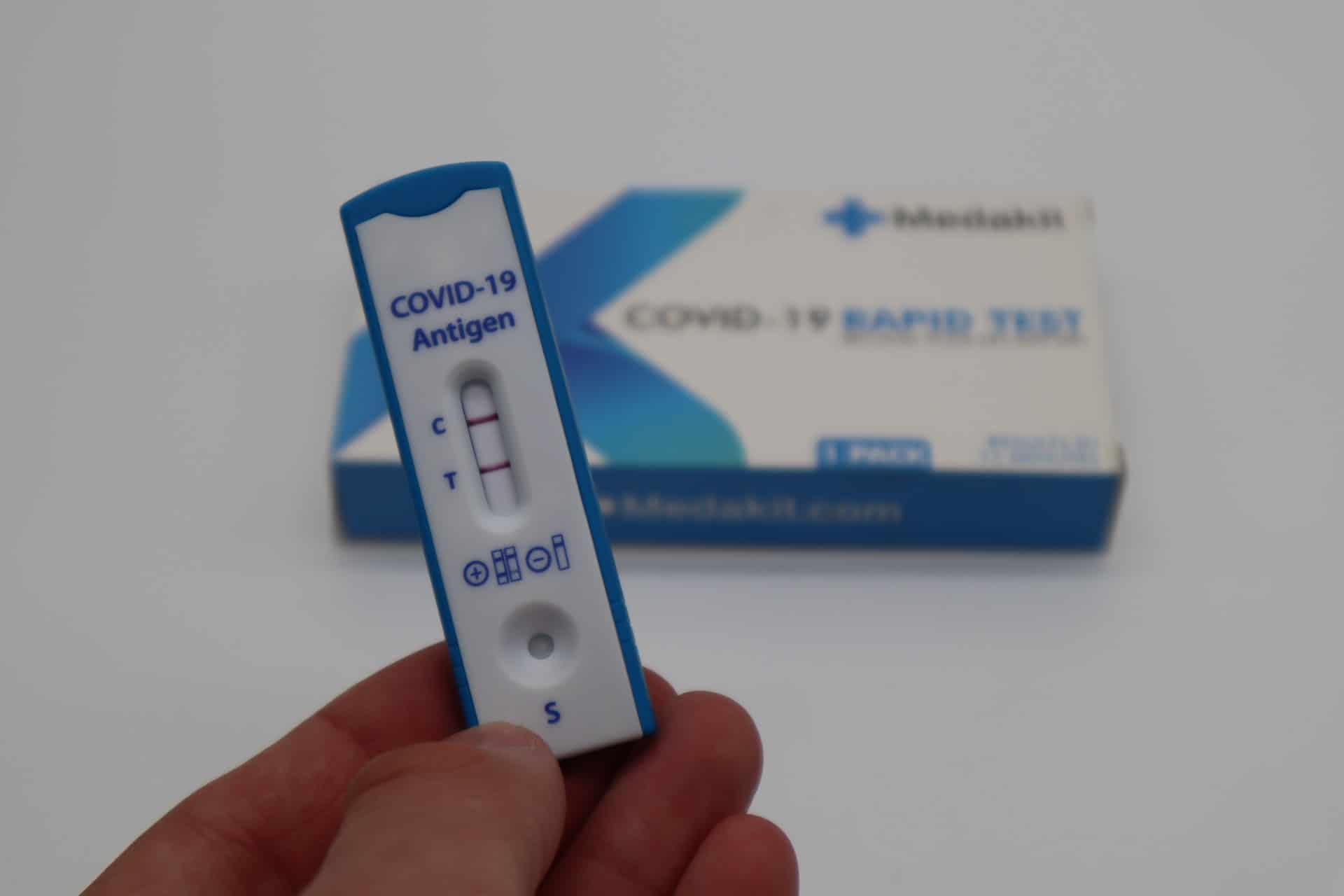The deployment of COVID-19 testing among Ontario businesses is one step forward to maintain employee safety during the pandemic, but it also complicates employer responsibilities. The Ontario government recently announced that businesses in the province will be able to test for COVID-19 in the workplace somewhat seamlessly, with the help of newly published guidance offered to employees who want to undergo a rapid antigen point-of-care test. Rapid COVID-19 testing in the workplace is proving more and more essential as Ontario’s coronavirus infection rates are soaring to record highs. The government noted that by “clinically endorsing supervised, voluntary self-swabbing for asymptomatic individuals, Ontario is helping businesses reduce the administrative costs of using antigen tests by allowing staff to consider the option of taking their own swabs under the supervision of a trained individual.”
Disclosure of COVID-19 Test Results
COVID-19 test results contain personal health information, and will therefore likely be covered by Ontario’s Personal Health Information Protection Act. Personal health information is defined as identifying information about an individual if the information falls under one of the following two categories:
- The information relates to the physical or mental health of the individual, including information that consists of the health history of the individual’s family;
- The information relates to the provision of health care to the individual, including the identification of a person as a provider of health care to the individual.
Where a medical professional or anyone considered a health information custodian administers the tests, and where employers have the COVID-19 test results, employers must ensure the privacy of this information. This means, for example, employers may not share an employee’s test results with other employees. The key to remember is that COVID-19 test results are personal health information and therefore private.
Importantly, a positive COVID-19 test result may need to be reported as per Ontario’s Health Protection and Promotion Act and Personal Health Information Protection Act. Legislation permits and even requires, in certain cases, that health information custodians and care providers report a possible COVID-19 case to local or provincial health authorities. However, disclosure of personal health information must be made for a purpose listed in the health legislation, which includes “the prevention of the spread of disease and the promotion and protection of the health of the people of Ontario.”
In addition, the Personal Health Information Protection Act permits the disclosure of personal health information, such as COVID-19 test results, to individuals other than public health authorities where there are reasonable grounds to believe “that the disclosure is necessary for the purpose of eliminating or reducing a significant risk of serious bodily harm to a person or group of persons.” Such grounds likely include the possible spread of COVID-19, which poses a significant risk of serious harm to others. In such cases, employers may be permitted or required to disclose COVID-19 contamination information, but should limit the disclosure to what is strictly necessary, and avoid disclosing the identity of the affected individual where possible.
COVID-19 Safety Plans in the Workplace
Throughout the COVID-19 pandemic, employer responsibilities have been evolving and transforming to include COVID-19 safety measures to protect the health and safety of employees as well as patrons. Ontario’s Occupational Health and Safety Act states that employers are responsible to take every precaution reasonable in the circumstances to protect their workers. This requirement means that during the COVID-19 pandemic, employers must keep the workplace safe for workers and patrons. As mentioned above, employers may be required to disclose a possible COVID-19 case to health authorities and employees.
The Ontario government requires workplaces to have a COVID-19 safety plan which should account for the following six safety questions:
- How will employers ensure all workers know how to keep themselves safe from exposure to COVID-19?
- How will employers screen for COVID-19?
- How will employers control the risk of transmission in the workplace?
- What will employers do if there is a potential case of, or suspected exposure to, COVID-19 at the workplace?
- How will employers manage new risks caused by changes to how the business is operated?
- How will employers ensure the plan is working?
The elements of a workplace’s safety plan will include moving work online, or where that is not feasible, providing personal protective equipment and ensuring hand washing and social distancing are practiced at the workplace. Additionally, as part of a screening plan, employers should ensure that employees stay at home if they show COVID-19 signs or symptoms. This may also include the reporting of a positive test result.
Contact Ottawa Employment Lawyers Tierney Stauffer LLP to Discuss Your Obligations as an Employer
Our employment law lawyers can advise on how best to protect your business and mitigate risks as an employer in the challenging landscape created by the COVID-19 pandemic. Contact Tierney Stauffer LLP in Ottawa & Eastern Ontario for experienced advice on the management of your business during COVID-19 and beyond. Call the firm at 1-888-799-8057 or contact them online to schedule a confidential consultation with a member of our team.


